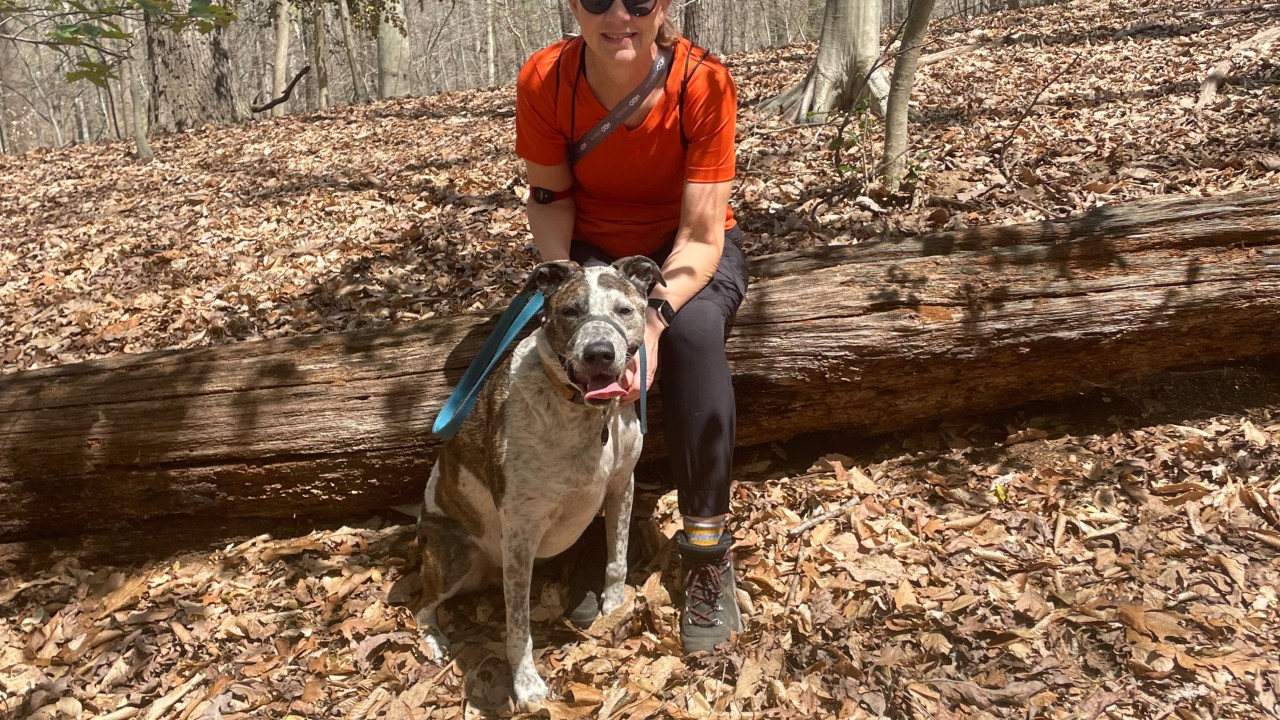By Steve Feldman, Executive Director of the Human Animal Bond Research Institute (HABRI)
 April 30th marks National Therapy Animal Day, an important day to celebrate the work that therapy animals and their handlers do for people in communities across the country. PFI welcomes Steve Feldman with HABRI to highlight the important research in this field.
April 30th marks National Therapy Animal Day, an important day to celebrate the work that therapy animals and their handlers do for people in communities across the country. PFI welcomes Steve Feldman with HABRI to highlight the important research in this field.
Therapy animals are always there for us – at nursing homes and hospitals and anyplace where comfort and stress relief are needed– even in the middle of an unprecedented pandemic. Registered therapy animals and their handlers have gone through the training and preparation to safely visit these places, bringing joy and comfort to so many people in need.
Science is helping to pave the way for more places to incorporate therapy animals. Research has demonstrated the benefits of animal-assisted therapy (AAT) and other animal-assisted activities (AAA) for children with Autism Spectrum Disorder, older adults with Alzheimer’s and Dementia, and for stressed hospital patients and their families.
The Human Animal Bond Research Institute (HABRI) is a non-profit organization that funds scientific research on the human-animal bond – the mutually beneficial relationship between people and companion animals. HABRI relies on generous support from a number of leading companies and organizations, including the Pet Food Institute, to fund its research and educational activities.
HABRI-funded research projects broadly examine the positive impacts of pets and human-animal interaction, including animal-assisted interventions such as AAT and AAA. Research projects focused on therapy animals have found:
- The inclusion of therapy dogs in social skills training for children with autism was effective in facilitating a greater level of change in social skills, perspective taking, and decreased feelings of isolation and depression in the children.
- Therapy dogs do not experience undue stress when visiting children undergoing cancer treatment.
- Animal-assisted activities with a therapy dog can result in greater non-verbal communication in children with ASD, including more social communication behaviors and a higher rate of positive facial expressions.
- After a stressful task, children interacting with a therapy animal were less stressed and anxious.
HABRI, with the support of Pet Partners, the leading therapy animal organization, is currently funding two research projects focused on examining the benefits of AAT involving registered Pet Partners therapy animal-handler teams.
- Direct experimental assessment of therapy dog handlers on child and dog behavior during AAI
- Objective: To determine how different therapy animal handler styles influence stress behavior in both children and dogs, and whether different handling procedures alter the therapeutic effect for the child.
- Implementation of canine-assisted forensic interviews with children
- Objective: To determine whether therapy dog-assisted interviews with maltreated children promote event reports, in addition to lowering stress during the interview.
We are grateful for Pet Partners’ commitment to advancing HAI research and to high standards in the areas of patient and public safety, and animal welfare. HABRI expects these research projects will produce meaningful results that will provide further evidence supporting the healing role of therapy animals.
Scientific research documenting the positive benefits of human-animal interaction must be part of the equation for policymakers, health care professionals, and other decision-makers, during these difficult times and beyond. With the strong commitment of partners like the Pet Food Institute, HABRI will continue to provide a strong pipeline of research results that support the efficacy of animal-assisted therapy and activities, as well as the important health benefits of pet ownership for all.
On April 30th and every day, HABRI celebrates all that therapy animals do to make a difference in the lives of so many people.
Steven Feldman is the Executive Director of the Human Animal Bond Research Institute (HABRI). To learn more about HABRI, please visit www.habri.org.



